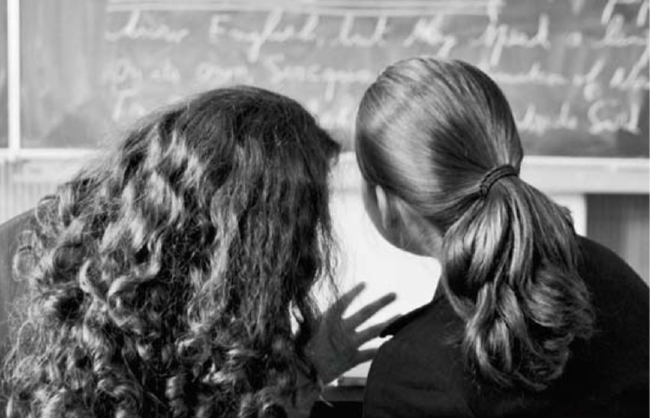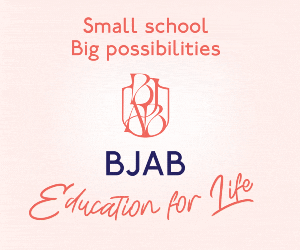The state school system in Belgium can seem very complex to newcomers trying to make a choice regarding schools for their children. In collaboration with Together, here’s Expatica’s guide to help you find your way through it.
The first decision is whether to integrate the children into the local system or
to take advantage of the many international schools in the country. This naturally depends on whether you are on a short contract or plan to adopt Belgium as your home country. The international option would allow your children to continue in the same education system once they return to their home country.
Local Responsibility: While the state sets the laws regarding education, responsibility for schools lies with the language communities – Dutch in Flanders, French in Wallonia, both in Brussels and in some surrounding communes. As well as state schools there are subsidized ‘free’ and independent schools, often run on religious lines, though their curricula and certification are recognized equally within the system. The compulsory school age in Belgium is 6-18 years, though there is an opportunity for 16+ pupils to study part-time. Education is free, though at secondary level, parents may be expected to contribute to the cost of some text books. All schools are co-educational.
Children start school at the age of six, though they may be accepted at five if they are deemed ready. Before this, nurseries are available for babies and children up to two-and-a-half years. Priority is given to mothers in full-time work. Kindergartens then take over until the child reaches school age.
Children stay at primary school for six years during which time they study the whole range of subjects, with an emphasis on languages. Homework is set from early on and there is a strong tradition of parental participation.
Going International: International schools are the choice of parents who wish their children to remain in a system they know, with a language they know and with the option of continuing the system back in the home country. With its burgeoning international community, Brussels has a raft of international schools following British, American, French and Dutch education systems, among many others. As they are all private, they are fee- paying, though many companies offer education costs as part of an overseas benefits package.
Getting In: The European Schools are notoriously difficult to get into unless at least
one parent works for an EU institution. Education is in mother tongue with a second language being introduced at primary level. Courses lead to the European Baccalaureate which is recognized for university entrance throughout the EU.
The Montessori schools in Brussels operate bilingually with two teachers, one who speaks only in English and the other in French, strengthening the concept that Montessori, educated children are problem, solvers, self, sufficient and destined to have confident, enquiring minds.







